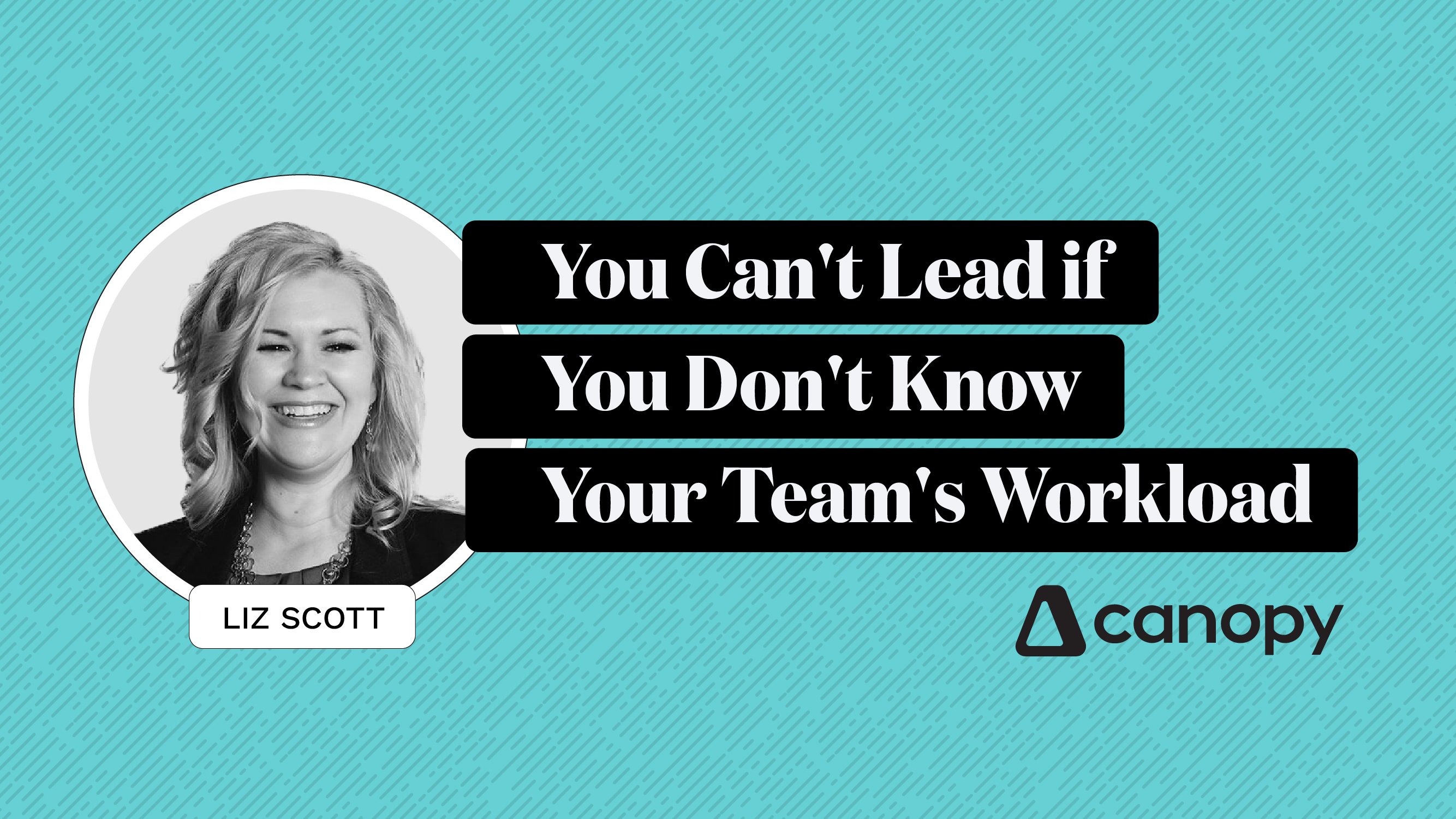If you’ve gone through the process of setting up a living trust or land trust, congratulations—you’re one step ahead in safeguarding your assets and planning for the future. But here’s the catch: if you haven’t funded your living trust or land trust properly by transferring assets into it, then your trust is essentially empty. An empty trust won’t be able to protect you, and it won’t keep your loved ones out of probate.
In this guide, I’ll break down the step-by-step process for transferring assets into a living trust or land trust, explain why it matters for real estate investors, business owners, and anyone with high-value assets, and show how to avoid common (and costly) mistakes. Watch the full video guide to funding your trust here.
Why Funding Your Trust Is Essential
Creating a living trust or a land trust is a smart first step—but it’s not enough on its own. You must fund the trust to truly protect your assets and secure your legacy. That means actually moving your assets into the trust, not just drafting the trust documents.
Many people mistakenly believe they’ve finished the job once they sign the trust. In reality, you leave your real estate, LLCs, bank accounts, and personal valuables vulnerable when you keep them titled in your personal name. Probate court, lawsuits, and excessive taxes can still affect your estate, defeating the very purpose of the trust.
Leaving your trust unfunded creates a false sense of security—like locking an empty safe. You may feel protected, but when it matters most, there’s nothing inside.
Here’s why transferring assets into your trust is absolutely critical:
Avoid the probate process and simplify your inheritance for your loved ones
Gain privacy and anonymity, especially when using a land trust for real estate
Protect investment properties from personal liability exposure
Streamline estate administration and reduce legal confusion during transitions
Minimize estate taxes and limit costly legal disputes among heirs
Funding your trust is what turns your estate plan into a working, protective structure—one that keeps your assets secure and your family’s future intact.
What’s the Difference Between a Living Trust and a Land Trust?
While both types of trusts help shield assets, they serve different strategic purposes:
Living Trust: Ideal for estate planning, allowing assets to pass to heirs without probate. You typically remain the trustee.
Land Trust: Primarily used for holding investment real estate to provide privacy, reduce liability, and isolate risk. Often includes a nominee trustee for added anonymity.
Step-by-Step Guide: Transferring Assets Into a Trust
1. Real Estate
This is where most people make critical mistakes. Real estate must be properly deeded into your trust—or it won’t be protected, nor will it avoid probate.
The correct way to transfer real property is by using a Warranty Deed, not a Quitclaim Deed. Why? Quitclaim Deeds can void your title insurance and expose you if someone files a claim against your ownership.
You’ll also need to list both the trustee and the trust name on the deed to ensure a clear title. Here are two proper formats:
Clint Coons, Trustee of the Green Frog Trust
The Green Frog Trust, Clint Coons, Trustee
For investment or rental properties, transfer them into a land trust for privacy. Then, pair that trust with an LLC to shield yourself from liability. This layering ensures that neither your name nor your personal assets are tied to the property.
On the other hand, your personal residence is best placed in a living trust. It’s the most effective way to avoid probate and ensure your heirs can receive the property without court interference.
Warning: Leaving out the trustee’s name and listing only “Green Frog Trust” on the deed can create a cloud on the title, which may delay or derail future transactions.
2. Business Interests (LLCs, Corporations)
Unless you transfer them to your trust, business entities like LLCs and corporations go through probate and don’t automatically pass to your heirs.
Use a membership assignment form to move your ownership into your trust.Example:
“I, Clint Coons, assign 100% membership interest in Red Box LLC to my living trust.”
Pair that with a trustee acceptance form to officially complete the transfer.
Although you can update your operating agreement to show your trust as the new member, be careful. Lenders and partners may request a copy of the trust—which can violate your privacy. Instead, many choose to keep their name on the operating agreement while assigning ownership privately.
Pro Tip: Always include a permitted transfer clause in your operating agreement. This allows you to assign interest to a trust without needing approval from others.
Request a free consultation with an Anderson Advisor
At Anderson Business Advisors, we’ve helped thousands of real estate investors avoid costly mistakes and navigate the complexities of asset protection, estate planning, and tax planning. In a free 45-minute consultation, our experts will provide personalized guidance to help you protect your assets, minimize risks, and maximize your financial benefits. ($750 Value)
3. Bank, Investment, and Retirement Accounts
Unlike property or businesses, you can’t assign financial accounts like bank accounts, brokerage accounts, or CDs into a trust. Instead, you must open new accounts in your trust’s name at each institution.
The process looks like this:
Visit the bank or brokerage in person
Open a new account titled: Green Frog Trust, Stacy as Trustee
Transfer (journal) all funds and positions into the new account
Don’t worry—your checks don’t have to show the trust name. You can customize check titles to preserve privacy.
Want next-level protection? Create a Wyoming LLC to hold your investments, and transfer that LLC into the trust. This structure avoids the need to retitle each asset individually and provides greater anonymity and legal shielding.
4. Personal Property and Valuables
Your personal items, like jewelry, tools, art, and firearms, don’t come with titles. Possession determines ownership. To bring these into your trust, you’ll use a Personal Property Memorandum (PPM).
A Personal Property Memorandum:
Lists types of personal property you’re transferring (e.g., “tools,” “furniture,” “art”)
States your intent to place them under your living trust
Doesn’t require an itemized list
Skip the outdated “Schedule A” approach, where each item is listed individually. A PPM is faster, cleaner, and just as effective.
Advanced Tip: Use Entity Layering for Simplified Asset Transfers
One of the most powerful strategies Anderson Advisors teaches is entity layering—and if you’re an investor with multiple properties or financial accounts, this tactic can save you hours of administrative hassle.
Here’s how it works: instead of titling each asset directly in the name of your trust, you first place your assets inside a business entity—typically a Wyoming LLC—and then you assign that entity’s ownership to your living trust.
Example Scenario:
Your Wyoming LLC owns a rental property or investment account
You assign your membership interest in the LLC to your living trust
Now, the trust legally owns everything that the LLC holds—no need to change the title on each individual property or account
By taking this single step, you let your trust control everything the LLC owns and avoid the hassle of retitling each asset.
Why Use This Approach?
Simplified Administration – Just one assignment form to control multiple assets
Streamlined Estate Planning – Easier for your heirs and trustee to manage
Increased Privacy – The LLC shields the trust and your name from public view
Less Paperwork – Avoids setting up new accounts or deeds for every asset
This strategy is especially helpful for investors with multiple properties or accounts across different institutions. After you set up the LLC correctly, you just need to update one document—the LLC membership assignment—to move all assets into the trust.
Pro Tip: This is why Anderson Advisors strongly recommends using entities to hold assets. It makes your entire estate plan more flexible, private, and secure.
Common Mistakes to Avoid
Even the best trust structure can fail if you make avoidable mistakes during the funding process. Here are some of the most common errors:
Failing to transfer title – If you don’t transfer the title and list the trust as the owner, you leave your assets unprotected.
Using a Quitclaim Deed – This can invalidate title insurance. Always use a Warranty Deed.
Not verifying account titles – Log into each bank or brokerage account and check that the trust name appears on the account title.
Overcomplicating the process – Setting up a trust doesn’t need to be intimidating. With the right guidance, it’s straightforward.
Ignoring your LLC’s operating agreement – Your agreement must allow transfers to a trust. If you don’t include this clause, someone may challenge or reverse your transfer.
Avoid these pitfalls and your trust will work exactly as intended—protecting your wealth, preserving your privacy, and securing your legacy.
Next Step: Get Help Funding Your Trust
Transferring assets into a trust isn’t just smart, it’s essential for anyone serious about protecting their wealth, reducing tax exposure, and planning for a secure legacy.
But here’s the truth: every situation is unique, and doing it wrong can cause more harm than good.
Book a Free 45-Minute Strategy Session with a Senior Advisor at Anderson Advisors.We’ll walk you through:
Whether a land trust, living trust—or both—are right for you
How to transfer assets safely and strategically
How to structure your estate to minimize taxes and maximize privacy
Schedule Your Free Strategy Session Now
Final Thoughts
Whether you’re a real estate investor, business owner, or high-net-worth individual, transferring assets into a trust is one of the most important steps you can take to protect what you’ve built. When done properly, it provides privacy, control, tax advantages, and peace of mind.
If you’ve already created a trust but haven’t funded it, you haven’t secured protection yet.


























